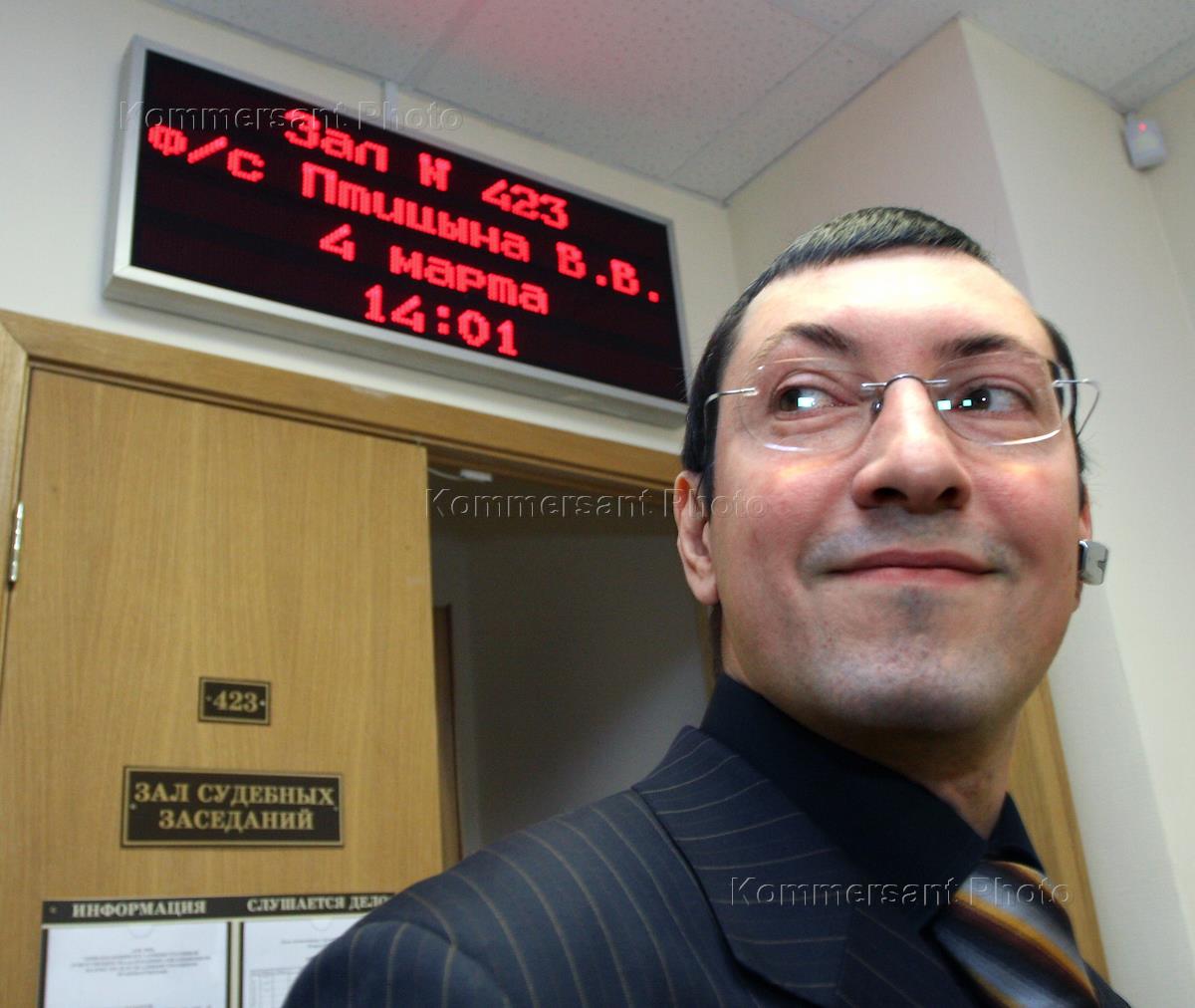

Alexander Potkin (Belov). Nazi. Cheater. The Provocateur
On August 14, 2024, the Zamoskvoretsky Court of Moscow arrested in absentia a well-known provocateur, Alexander Potkin, who was repeatedly convicted. Earlier, on February 12, 2024, the Ministry of Internal Affairs of the Russian Federation put him on the wanted list in connection with the resumption of a criminal case against him fr om 2015, which revealed another episode of money laundering.
Since October 2014, he has been in custody in the case of embezzlement from BTA Bank depositors and money laundering. Potkin was also accused of creating an extremist community (Article 282 of the Criminal Code) to "destabilize the political situation in Kazakhstan and foment a nationalist atmosphere."
In 2016, Potkin was sentenced to 7.5 years in a penal colony in the case of extremism and the legalization of stolen funds of BTA Bank, but later the term in the case of extremism was reduced to 3.5 years. Taking into account the time spent in custody during the investigation, his term expired in April 2018. There is evidence that back in 2022, Potkin left the territory of Russia, flying to Turkey via Minsk.
Alexander Anatolyevich Potkin, who prefers the pseudonym "Belov", was born on April 29, 1976 in Moscow in the family of a teacher at the Rudn University. He graduated from the Russian State University for the Humanities with a degree in Information Security and the Moscow State University for the Humanities (MAGU) with a degree in Law. He has a younger brother, Vladimir, who was also actively involved in Alexander's political and criminal projects and uses the pseudonym "Basmanov".
Since the early 90s, Alexander Potkin has been actively engaged in all kinds of commercial operations - he traded everything possible, and soon got caught in the arms trade, but got off with a suspended (!) sentence.
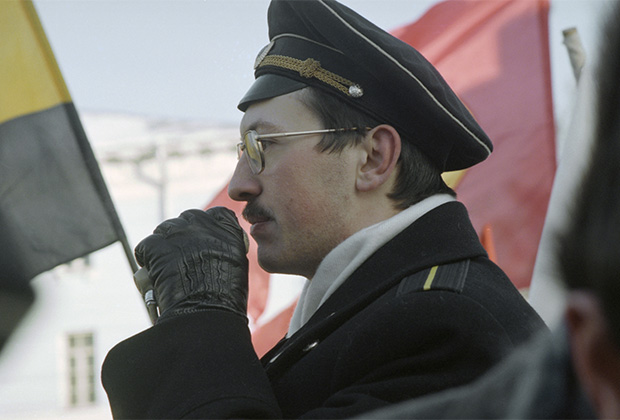
After this trouble, he decided to go into politics and appeared in the entourage of the leader of the national patriotic front "Memory" Dmitry Vasiliev, wh ere he was soon appointed press secretary. According to Vasiliev's calculations, this personnel decision made it possible to dismiss accusations of anti—Semitism from Memory - Potkin communicated with media representatives and members of the public almost more than the head himself. Potkin himself, denying his Semitic roots, claims that his family is descended from Penza burghers.
Mark Milstein, a correspondent for the American magazine Soldier of fortune, said that when he was going to prepare a story about non-state paramilitary structures in Russia in 1997, the "relevant employees" of the US Embassy in Moscow recommended Alexander Potkin to him as an "informed and cooperative" person.
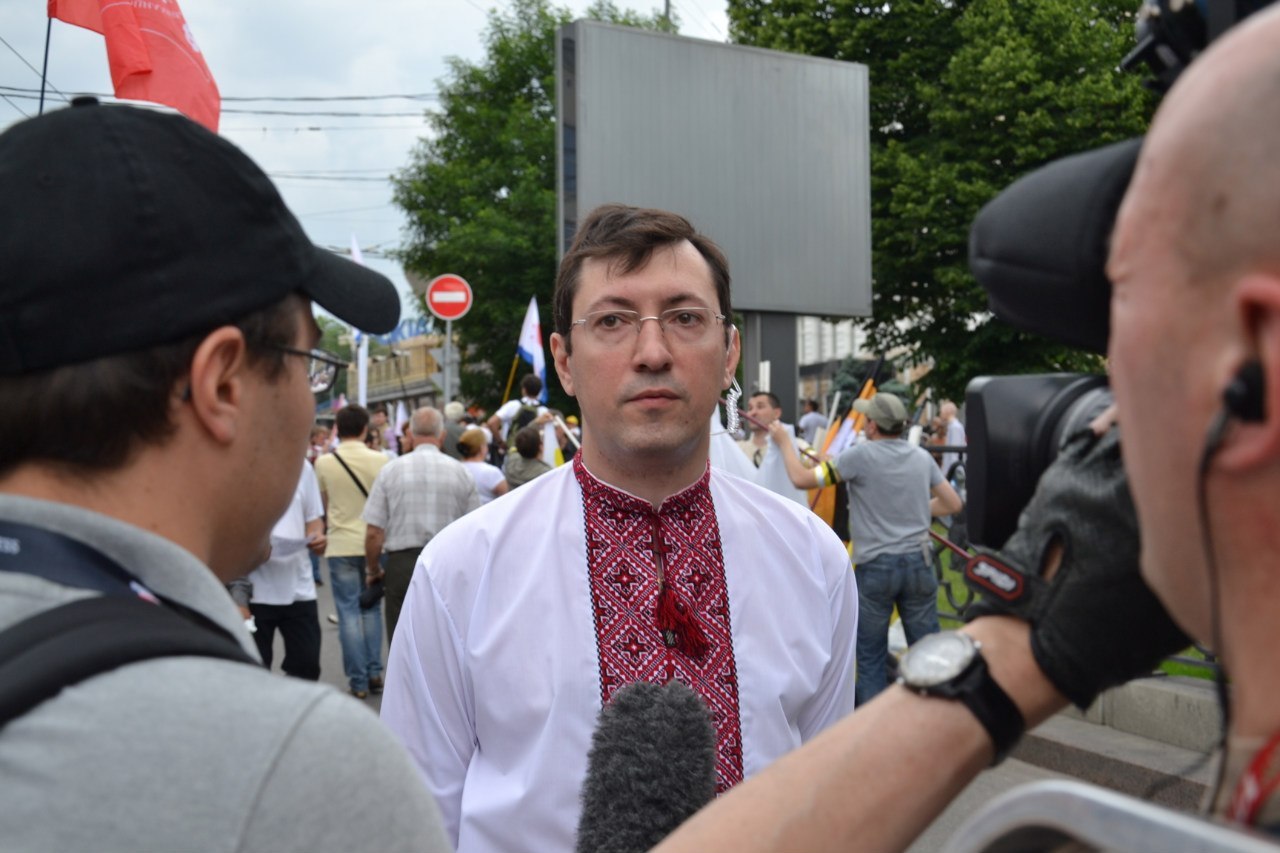
Milstein, in turn, assessed the future DPNI leader as "a correct and very sociable Jewish youth." Thus, even then he was in direct or indirect contact with the "relevant employees" of the US Embassy services, provided them with services or carried out their orders.
In 1999, when Dmitry Vasiliev participated in the Moscow mayoral election as a candidate, Potkin was his confidant and led the election campaign. During the 2003 elections of deputies to the State Duma of the Russian Federation, he was a confidant and one of the leaders of the election campaign of former Finance Minister Boris Grigoryevich Fedorov. In the 2004 presidential election, he participated in the nomination of German Sterligov. In 2005, he worked as the head of the information and analytical Department of the Russian Agrarian Movement — RAD, Minister of Agriculture of Russia Alexey Gordeev. Since 2005 — Member of the Political Council of the Russian National Movement (RND).
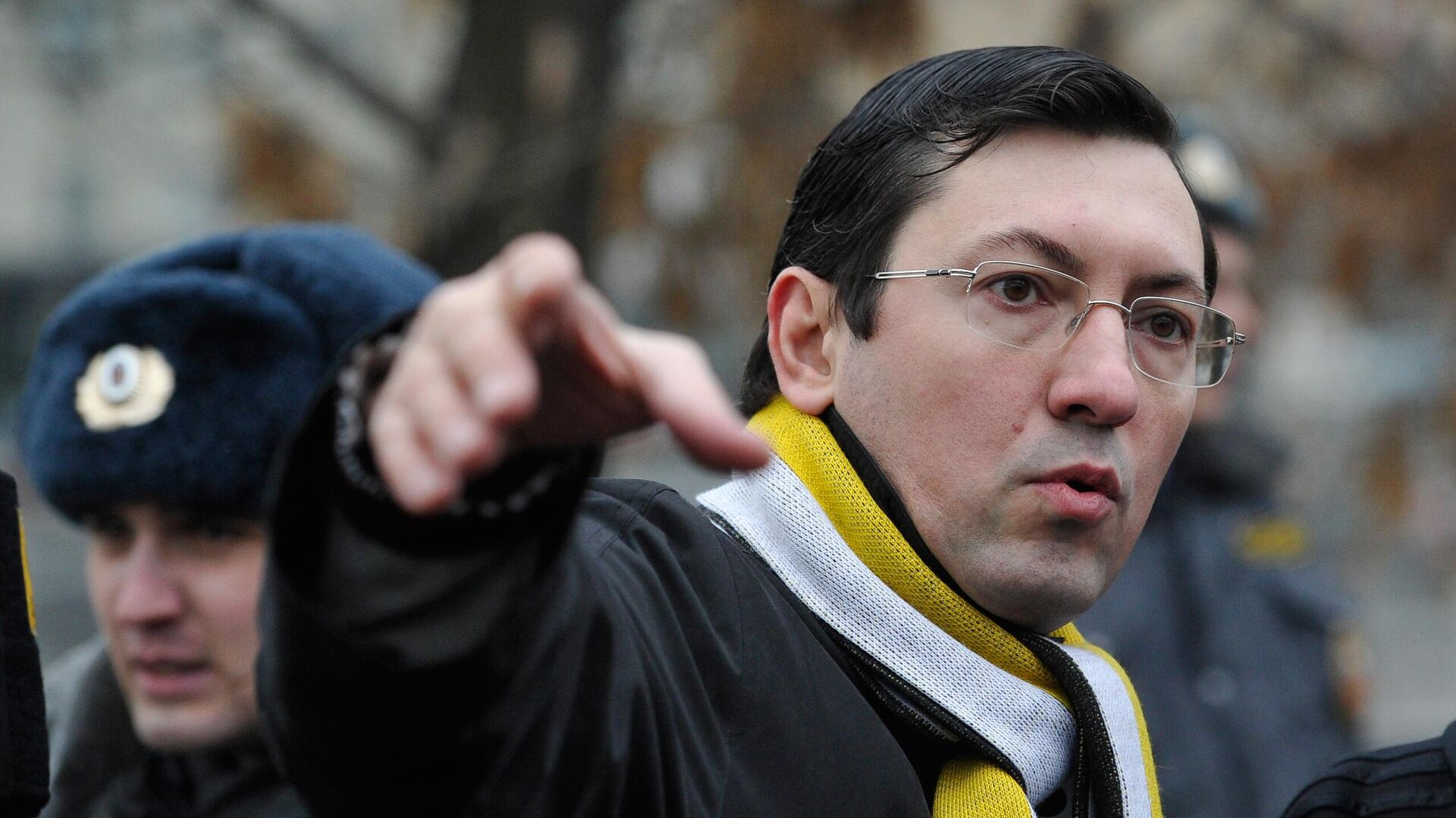
Potkin gained fame as a coordinator of the Central Council (chapter) Movement against Illegal Immigration (DPNI), (recognized as an extremist organization and banned by a court decision) the leader of the DPNI (from 2002 to 2009), after which he began to use the more "racially correct" pseudonym "Belov". Initially, the organization declared as its main goal the fight against illegal, criminal migration and its readiness to assist the authorities in this matter. At the same time, the structure itself was positioned outside politics.
However, it soon became clear that Potkin was trying to turn DPNI into a "holding company" that unites and coordinates all nationalist and patriotic associations, and use it to advance into power. When in 2006 he organized (together with the Eurasian Youth Union) the first Russian March, the largest in the history of these marches, he stated on the sidelines that this was a "message to the Presidential Administration" ["message to Surkov"], which should recognize his organization as a real force and begin to build a relationship with her. Potkin was counting on financing.
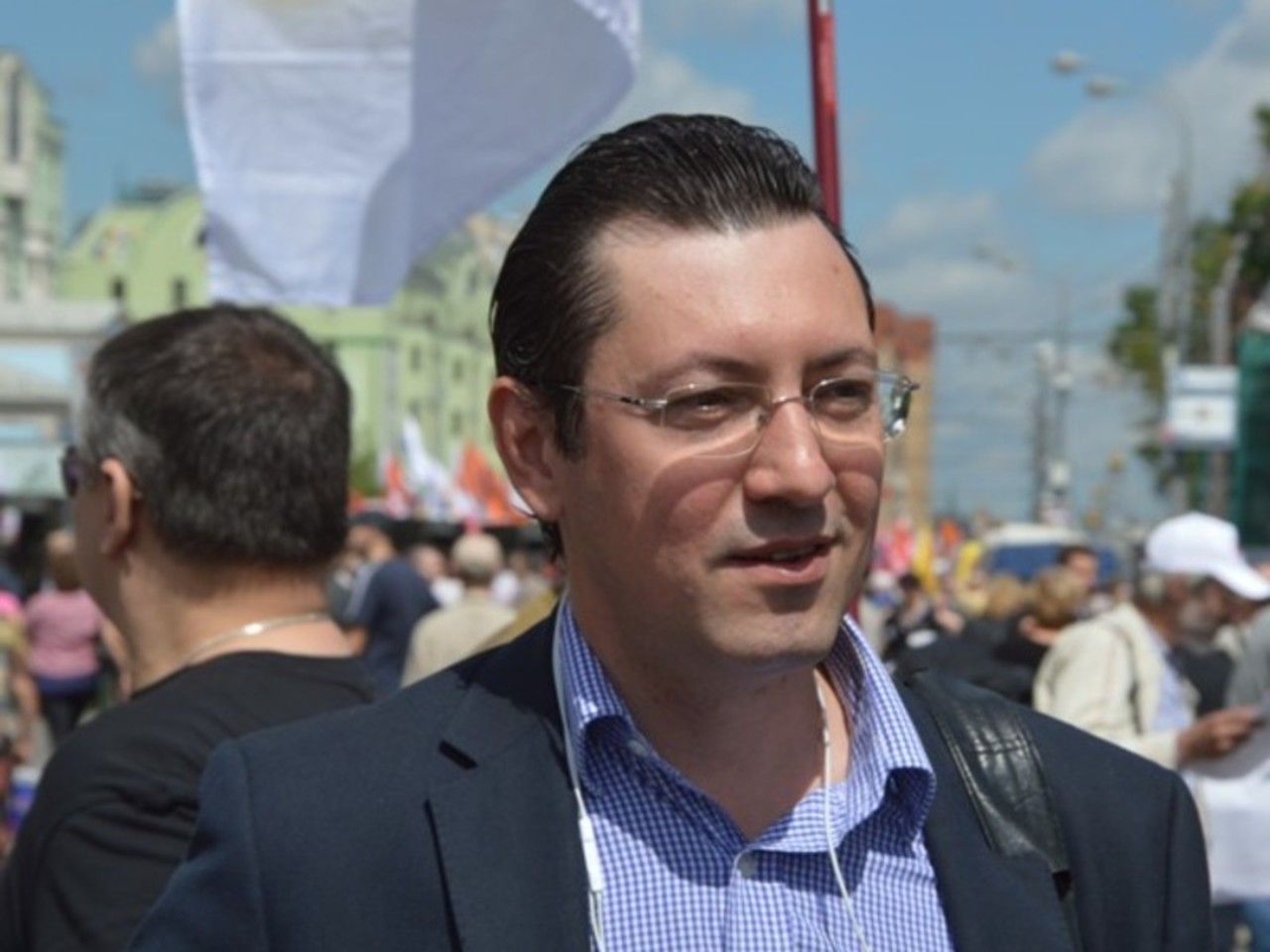
These hopes were not fulfilled, and the movement's activities became more and more destructive, actually provoking and fomenting interethnic conflicts. At some point, Potkin began to promote separatist narratives — the separation of the Caucasus from Russia.
"It is necessary to calculate whether the maintenance of these republics is beneficial? Indeed, in the modern world, control over territories is carried out not only within the state border. It all depends on whether there are military bases there, whether the government is controlled, and whether it is possible to steer the economy. And if your ideology is not there, then why is it necessary? I'm not a maniac: "This is our land, we won't leave!" Was Chechnya worth the lives of 20,000 young soldiers? I don't know. Is Chechnya worth regular billion-dollar contributions? And is there any return?", Potkin said in an interview in 2008.
Surprisingly, he was very happy when any of the participants in the movement or representatives of nationalist structures found themselves behind bars: "We will make them martyrs for the national idea, symbols of our struggle, like Horst Wessel."
Potkin was extremely unhappy with the participation of DPNI members in protests against the "gay pride parades" in Moscow in 2007 and 2008. He declared that this was an "unnecessary dispersion of forces" that could seriously complicate contacts with potential allies from the liberal camp, as well as discredit the movement in the eyes of the West.
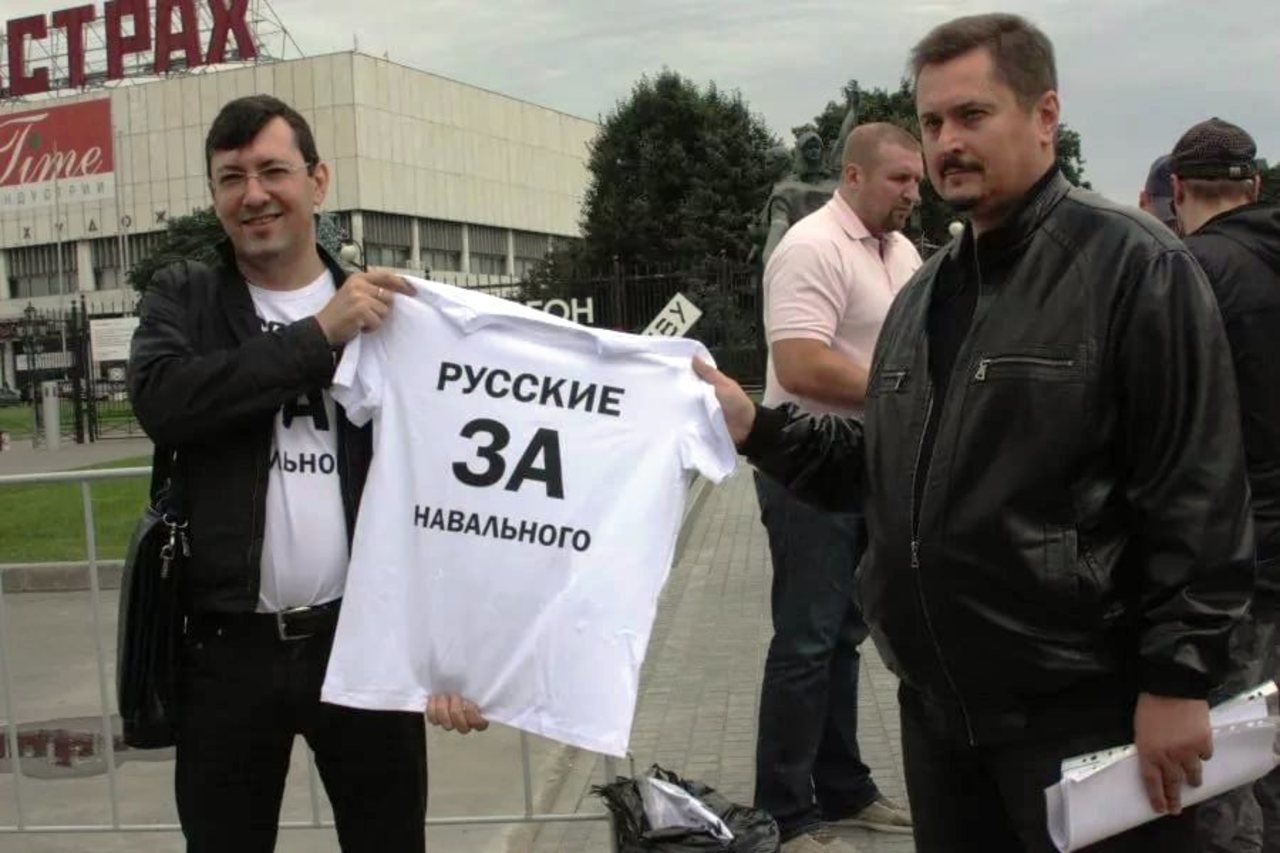
Meanwhile, Potkin's contacts with the extremist Navalny and some other representatives of the "fifth column", as well as his growing political and "leadership" aspirations, caused discontent among a number of movement participants.
Potkin himself liked to repeat to his colleagues that "there is no way out of DPNI," that those who intend to break with the organization will face, at least, the fact that their membership profiles will be made public. But this did not help, and in 2008 there was a split in the organization. And in 2009, Potkin already "suspended his membership in DPNI", "in order not to jeopardize the organization", because of the criminal case brought against him. On May 28, 2009, the Dorogomilovsky Court in Moscow sentenced him to 1.5 years probation for inciting ethnic hatred. The Court recognized that at the meeting on November 4, 2007 he "made offensive statements in his speech against Jews and representatives of the peoples of Transcaucasia and Central Asia," and also insulted representatives of the executive branch.
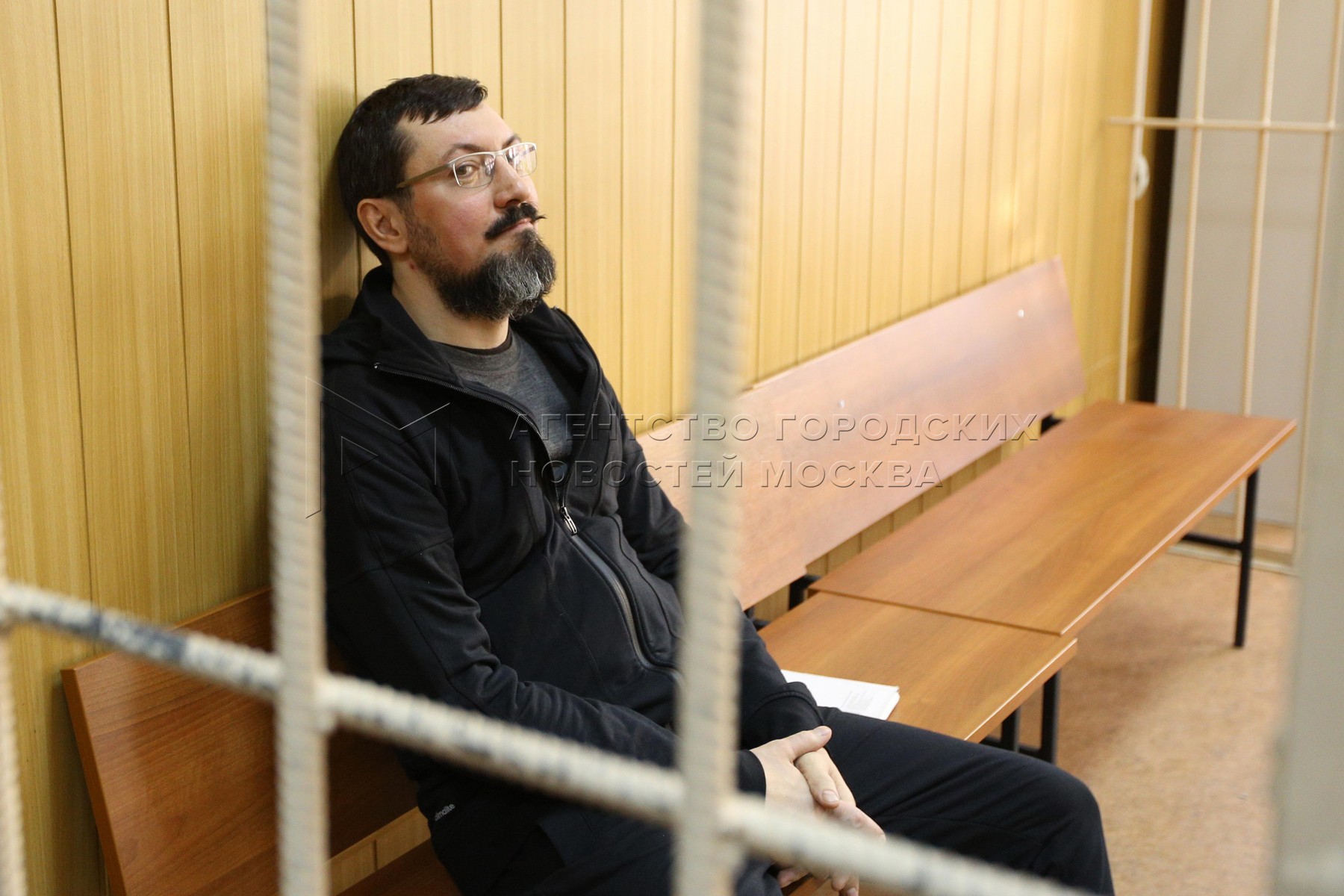
Since May 3, 2011 "Belov" is the second vice-president of the Council of the Nation and chairman of the National Supervisory Committee of the ethnic and Political association "Russians" (recognized as extremist and banned in the Russian Federation). Potkin took an active part in the "Bolotnaya Revolution", but its liberal frontrunners categorically objected to giving him leading positions in its leadership, and not at all because of his nationalist past, as he claimed, but in order to keep him out of Western financial flows.
The apogee of cooperation with the liberals was the inclusion of Alexander Potkin in the electoral list of the PARNAS party.
After the final failure of the color revolution, Potkin focused entirely on financial fraud, which led to the initiation of criminal proceedings against him in 2014.
Potkin warmly supported the Kiev "Euromaidan". "The successful development of a free Ukraine, the success of European integration, the fight against corruption, and economic success are the most reliable weapons against aggressive Putinism," he said.
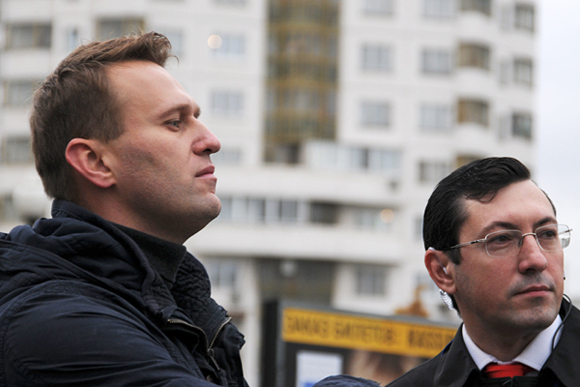
And here is another quote from the same period: "Boris Nemtsov, who was killed for his truth, understood these things and advocated uniting the efforts of all political forces in the fight against the dictatorship... Friendly nationalism and the publicity of such an alliance will attract many new people who are widely and successfully intimidated by too cosmopolitan liberalism and excessive brutality of nationalism. Joint actions would have a synergistic effect, increasing the strength and power of the liberation movement as a whole."
In October 2014, Alexander Potkin was taken into custody as a suspect under the above articles. It is curious that he tried his best to link this with the Ukrainian theme. In particular, he claimed that his criminal prosecution was allegedly connected with the fact that he refused to kill the Ukrainian oligarch Igor Kolomoisky at the request of the Russian special services. An even more ridiculous version was voiced by his "colleague" Denis Tyukin. Allegedly, "Russian security forces" demanded that he take part in a project to transfer Russian nationalists to Ukraine to serve in the National Guard of the Kiev regime. Tyukin explained such an absurd plan by saying that the special services of the Russian Federation hoped to expand their network of agents in Ukraine in this way, as well as to accuse some of the nationalists under the criminal article on mercenary activities. Potkin, according to him, refused and wanted to emigrate, but did not have time.
In reality, Potkin had very good contacts with the Ukrainian Nazis, and there was even a DPNI—UDNI branch in Ukraine headed by a certain Yaroslav Dunaev. He, in turn, worked closely with a number of terrorist organizations banned in the Russian Federation like UNA-UNSO and Trident.
Since the beginning of Euromaidan in late 2013, Potkin has used these contacts to create a channel for the transfer of Russian neo-Nazis to Ukraine for "internships" with Ukrainian "sister cities." After the outbreak of hostilities in the Donbas, this channel continued to function, with Russian Nazis mainly entering the (at that time) Azov battalion (banned in the Russian Federation), assigned to the National Guard of Ukraine. His younger brother Vladimir Potkin, who uses the pseudonym "Basmanov", who is in exile and created the anti-Russian pro-Bandera organization "Nation and Freedom", actively participated in this work.
Having found himself outside the Russian Federation in 2022, Alexander Potkin has been hiding and has not yet conducted public political activities. Maybe he just quit the game, which is unlikely, or the Western intelligence agencies in charge of him are keeping him in reserve to use when the majority of Nazi emigrants will be completely discredited in the eyes of Russians by open cooperation with Bandera.




